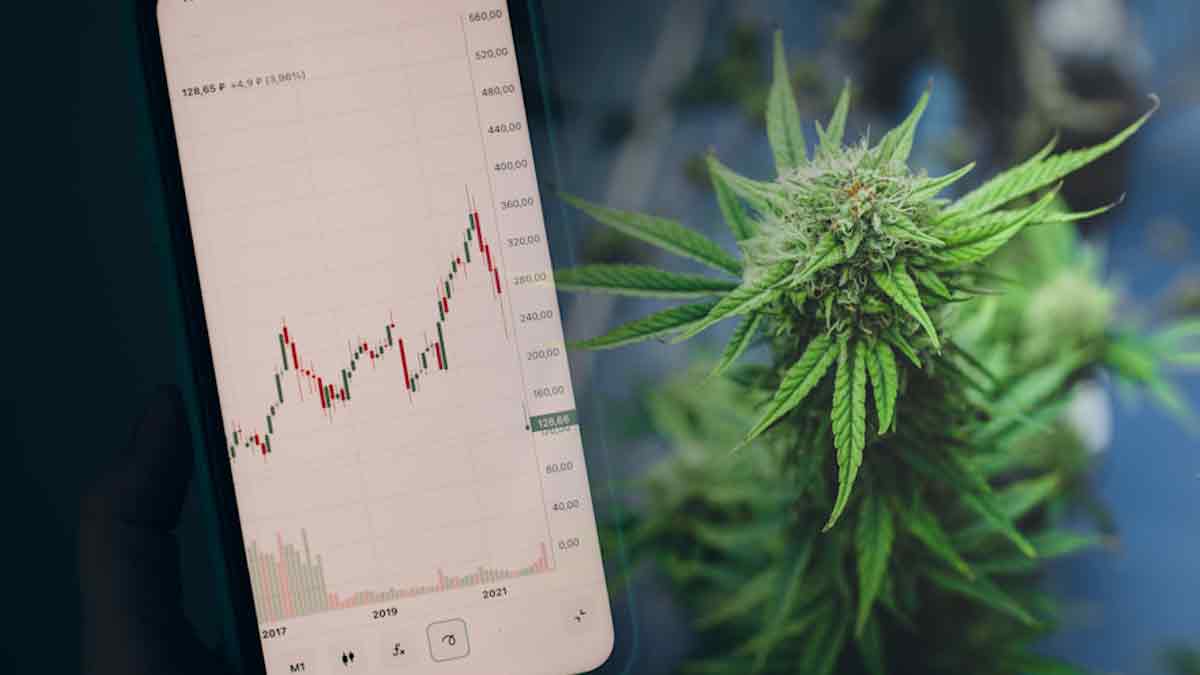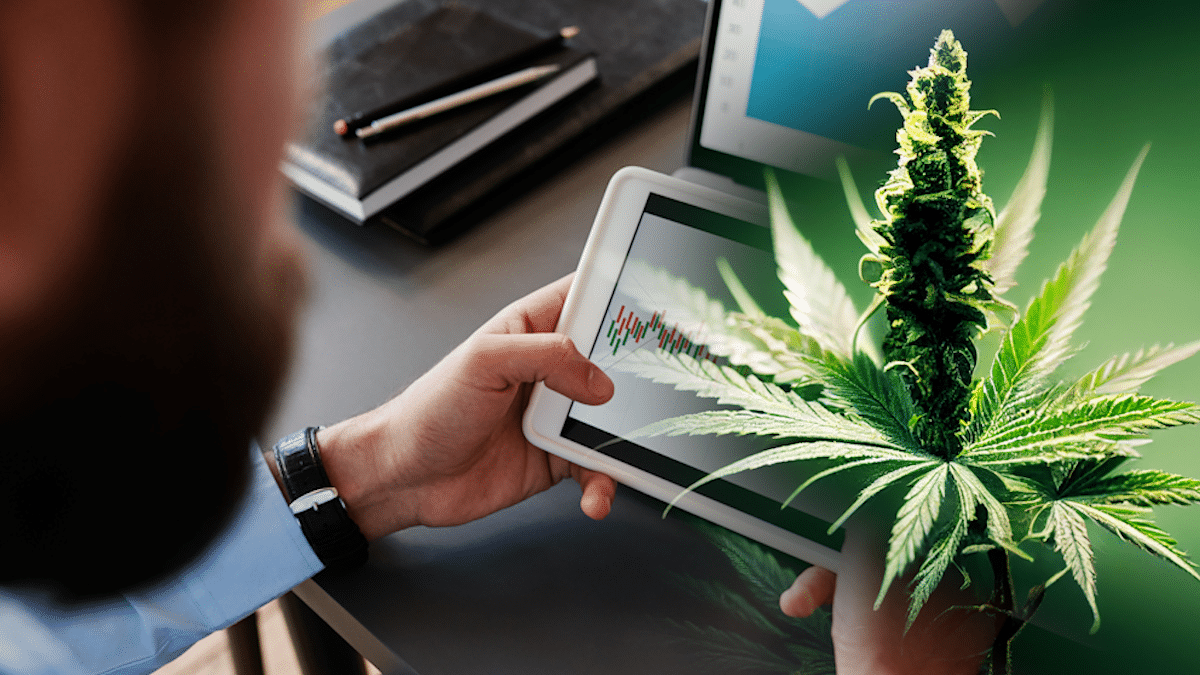Did you happen to catch the topic of marijuana being talked about at the big debate this past Monday? If you didn’t its probably because you viewing the wrong event. While presidential candidates Hillary Clinton and Donald Trump didn’t bump heads over the discussion of marijuana legalization during their much-hyped encounter at Hofstra State University, the issues of cannabis did surface in two other electoral debates that took place on the same night. Gary Herbert, who is the Governor of Utah as well as Republican, and Democratic challenger Mike Weinholtz were both asked about the legalization of marijuana during their debate at Utah State University.
In the Lone Star State, Republican Devon Anderson, who is the current district attorney for Harris County and challenger Kim Ogg, who is a Democrat, took opposing sides on the question of whether misdemeanor marijuana possession crimes should be prosecuted during their debate. A comprehensive medical marijuana bill was passed by the Utah Senate this year, however, it couldn’t find enough backing in the House. During Monday’s gubernatorial debate, incumbent Herbert stated he was not quite ready to contribute his support for far-reaching cannabis legislation in the next session, explaining that he wants to see more research first but that the federal government has impeded investigative studies to date.
Weinholtz, in his current position, is much more prepared to sign a comprehensive medical marijuana bill if elected governor. During the Texas prosecutors debate, the candidates clashed over whether people caught with small amounts of marijuana should be indicted.
“I believe that our public wants something different,” she stated, adding that public resources would be used more efficiently “Directed toward rape, toward robbery, toward murder.” Acknowledging racial inequalities in marijuana law enforcement, she stated prohibition policies “Have been unfairly applied in minority communities unfairly applied to the poor and people who can’t fight back, and used to oppress communities.”
Anderson defended her office’s methods, saying that she has established a policy that already veers several thousand people a year from prosecution but that it would be wrong to stop prosecuting marijuana offenses altogether.
“You don’t just decide not to prosecute something because you don’t personally agree with it.” Though while cannabis was being brought up during the Utah and Texas debates, it is viewed as a sign that the issue’s are increasing prominence, reform advocates were disheartened that Clinton and Trump didn’t mention cannabis in their presidential dispute, even though it included a section focused on criminal justice reform.
At a time when an increasing number of voters support marijuana legalization, it came off to some onlookers as a big missed opportunity that neither candidate saw it appropriate to mention the fact that hundreds of thousands of people are still arrested for marijuana in the U.S. every year during a discussion about crime policy. There are still two more presidential debates on the calendar so Trump and Clinton could still have a cannabis conversation before America cast their vote.
MAPH Enterprises, LLC | (305) 414-0128 | 1501 Venera Ave, Coral Gables, FL 33146 | new@marijuanastocks.com










